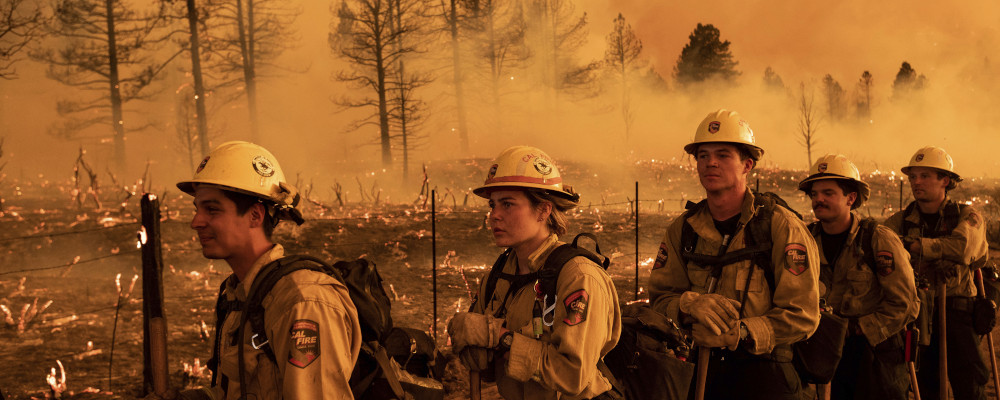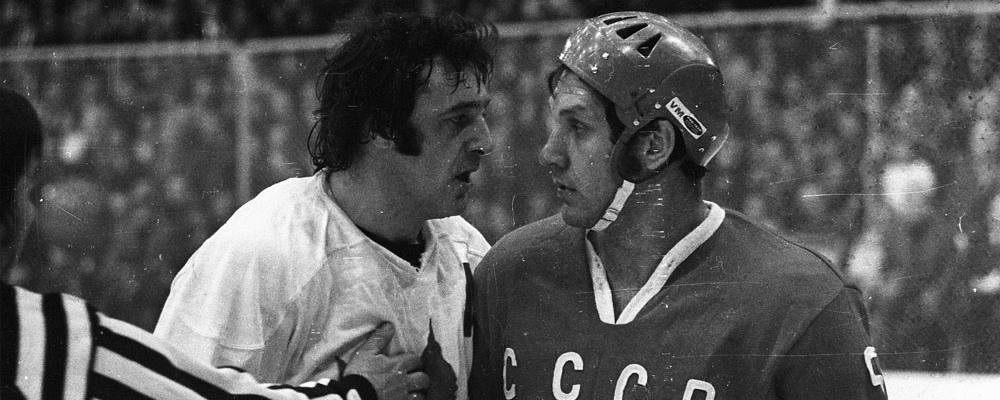The Hub launched with a core mission of getting Canadians thinking about the future. We’ve been stuck in the doldrums, pessimistic and polarized, for too long. To lay out a roadmap for the next 30 years of Canadian life, we asked our contributors to pinpoint the most consequential issue, idea or technology for the country in 2050. This series of essays by leading thinkers will illuminate Canada’s next frontier.
There has been a lot of discussion lately about whether there is intelligent life elsewhere in the universe.
The further exploration of Mars has stimulated our interest in whether there ever was life on other planets that we can reach. Given that our solar system is but a grain of sand in the cosmic universe it stands to reason that intelligent life is out there somewhere.
The recent declassification of videos of credible UFO sightings further promotes the belief that earth is being watched by alien life in an attempt to better understand who we are and how developed we have become. Are we advanced enough for them to make formal contact yet or will they continue to simply observe us?
Let’s suppose that we were beamed up to an intergalactic probe examining how we earthlings live and behave. We can temporarily see the earth from their perspective but the memory will be erased when we are beamed back. How would we see our world through their eyes?
Is it yet time to reveal who they are and how advanced they have become. Tuning in to the evening news makes it seem that the world is only full of disaster. Severe drought and raging fires continue likely due to our inability to accept and deal with legitimate concerns about climate change.
Widespread pollution of the Earth’s air, water supply and oceans continues at an alarming rate. They see a world with abundant food production yet there is widespread famine, poverty and malnutrition. Greed fuels an epidemic of addiction to drugs and painkillers without remorse or adequate retribution. Widespread polarization of thought, increasing tribalism, political repression and limitation of free speech continues to threaten democracy.
Over the past few centuries man’s inhumanity to man has slowly lessened but remains ingrained in how we act towards one another. Wars continue to rage. Fratricidal rage fuelled by illusions of religious superiority continue. An impending nuclear Holocaust is only a madman’s finger away. How can an enlightened galactic civilization connect with such dysfunctional earthlings? Is there hope for Earth or is it on a path to extinction?
Every year extraterrestrials circle the planet looking for rays of hope that civilization is becoming more civilized and will survive. They expose themselves briefly so that we can understand that we are being observed and that we need to rein in our basest actions to survive.
Technology helps guide our understanding of the universe but alone is not nearly enough to overcome our challenges.
The prime directive of the alien lifeform remains to not fully show themselves and actively affect our future. They did come subtly to Gene Roddenberry through his dreams with the idea of creating Star Trek and predicting our technological future and the path we need to take. Space exploration, personal wearable telecommunication devices, tasers set on stun, 3D replicators, tractor beams, virtual reality holodecks, cloaking devices, voice activated computers. Siri and Alexa please help me.
Star Trek also taught us about external villains such as the evil Klingons who attack us and the Borg collective that subjugates all that it encounters. They are the imaginary external enemies that mimic our known ones. We need the resolve and determination to overcome them. If only we were lead by someone like Captain Kirk.
Technology helps guide our understanding of the universe but alone is not nearly enough to overcome our challenges. We won’t understand the cosmos until we look inward to better understand ourselves.
Every year we make some progress. There is less famine, a little less racism, greater productivity and empowerment through education. We still have much to learn from those that teach us by example how to lead our lives. They are those who show us the way by their kindness, generosity, caring and compassion. Through them the world becomes a better place.
We are being observed to see if with subtle guidance we can find our way. In order to seek out and understand other intelligent life in the universe, our civilization needs to up its game to define a better future.
Intelligent life in the universe will reach out to us when they are confident that we can steer our ship by a higher moral compass. When can our starship plot that course to go where we have not gone before? We all need to try and make it so.
Recommended for You

RCMP spending to protect MPs may have risen 112% since 2018, as Canadian politicians face greater rise in threats

Geoff Russ: A future Conservative government must fight the culture war, not stand idly by

Antony Anderson: Lucy Maud Montgomery, the ‘magazine hack’ who gave us a Canadian cultural icon

Ginny Roth: Poilievre’s picture of Canada’s future looks a lot like the Calgary Stampede









